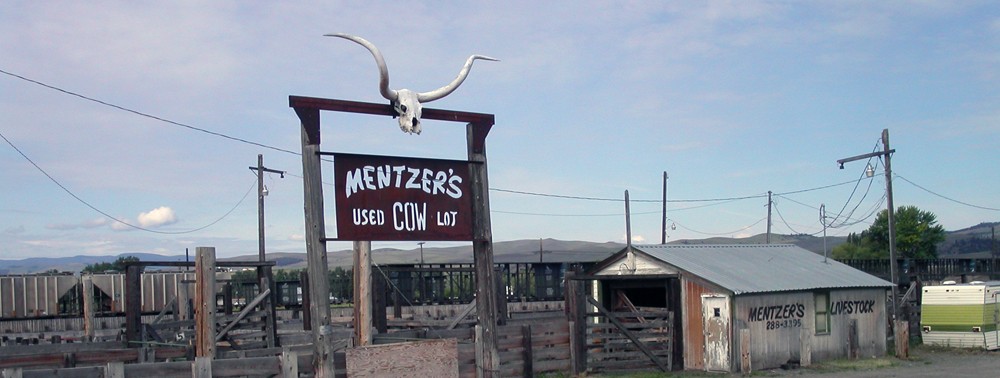In 2015, the City of Decatur, Georgia, opened a new Black history “museum” in the Beacon Municipal Complex, the site of two historic African American schools the city demolished two years earlier. The Champion, a DeKalb County newspaper, reported on the complex opening: “The center is built on the site of the historic Black Herring Street, Beacon Elementary and Trinity High Schools. The center includes a museum that features exhibits on the history of the Beacon community.”
There’s much to be said about the “history” presented in the “museum.” The City is proud of its efforts to “preserve” Black history. “Decatur has taken steps in recent years to preserve the history of the Beacon community and to honor its spirit,” one City website proclaims. Some Black residents, however, are outraged by the many gaps and errors in the City’s story told at the Beacon complex.
The Beacon exhibits are the culmination of a century of displacement and erasure that began with the creation of a Black ghetto in downtown in the first decades of the 20th century. It continued with successive stages of slum clearance and urban renewal between 1940 and 1970. And, it continues today with large-scale public-sector redevelopment projects and gentrification. Perhaps no document better illustrates the ways that the City of Decatur has erased Black people and Black history is the 2009 citywide historic resources survey. Nowhere in the voluminous study do the words “Black” or “African American” appear. The survey furthermore found no Black history sites worthy of landmarking and preservation.
Historic Black schools being demolished in Decatur, 2013. A text panel inside the redeveloped Beacon complex reads, “The former school buildings that now house the Beacon Municipal Center are one of the few remaining landmarks of the Beacon neighborhood.”
